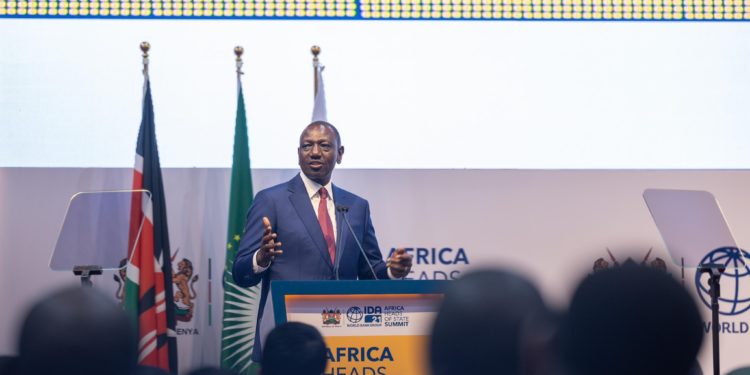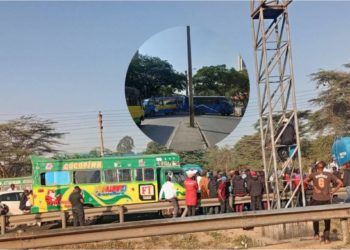The flooding crisis that has gripped large swaths of Kenya over the past few weeks has reached catastrophic proportions. With the death toll climbing into the hundreds, over 100,000 people displaced, livestock lost, and vast stretches of farmland submerged, it is clear this natural disaster requires an escalated emergency response from the highest levels of government.
President William Ruto can no longer afford to let this play out as a localized crisis. The facts demand he invoke Article 132 of the Kenyan constitution to officially declare a state of emergency and temporary suspension of certain civil liberties in order to fully mobilize the government’s resources to combat this escalating humanitarian nightmare.
The requirements laid out in the constitution for such a declaration have been met. Kenya faces a clear “natural disaster” that directly “threatens” the nation through widespread “disorder.” Hundreds of thousands face disease, hunger, and homelessness without shelter or passable roads to reach assistance. School terms have already been postponed. Nairobi’s main airport JKIA was inundated. Key infrastructure like roads and bridges have been washed away in multiple counties.
This catastrophe has transcended being a localized emergency that regional authorities can manage alone. It demands a unified, coordinated national response befitting a crisis of this magnitude. Only by declaring a temporary state of emergency can the government lawfully implement the extraordinary measures required to save lives and begin recovery efforts.
Ruto needs to look no further than the leadership of the United Arab Emirates during Dubai’s deadly floods a few weeks ago to see how an executive declaration kick-started critical relief by unlocking over $500 million in emergency funds for rescue, rebuilding, and temporary housing. Kenya’s inaction stands in stark contrast and has left its citizens feeling abandoned by their leaders during this time of acute crisis.
Some may argue that deploying the military and restricting certain civil liberties goes too far. But the constitution clearly lays out these temporary powers as a means to an end – rapidly addressing an existential public emergency and restoring order. The threat of unchecked flooding, failed infrastructure, and public health emergencies like cholera unquestionably meet this criteria.
How many more homes need to be swept away, how many more lives lost before Ruto and his cabinet do what is necessary? Ruto’s leadership is being put to the test. Declaring a state of emergency is a critical next step to demonstrate his administration has a handle on this escalating catastrophe and a plan to prevent further suffering.
This is the very purpose our constitutional framers envisioned when drafting the emergency provisions. To not trigger them now would be an unconscionable abdication of Ruto’s sworn duties to protect Kenyans in their most desperate hours of need. There is no more time for indecision as the flood waters continue their unrelenting rise. Ruto must act immediately and declare this a national disaster demanding an emergency response.
















